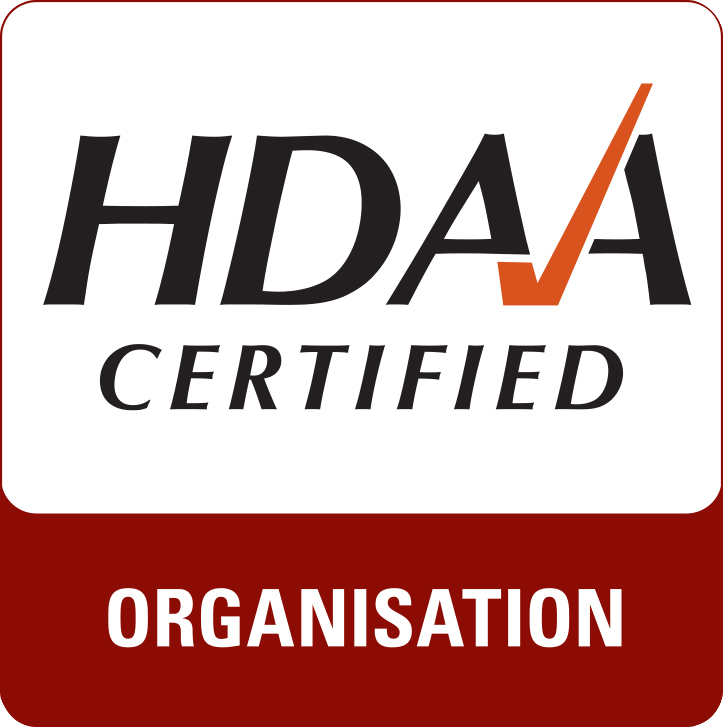The workplace can be a challenging place for many. All the more so if one has a disability condition – there are days where it just became particularly difficult that giving up employment once and for all seems to be the only way out.
However, work gives a sense of daily purpose. A regular job gives structure to one’s day and an opportunity for social interaction, not to mention financial independence that comes from regular pay checks.
Whatever your condition is, there are various ways to actually make it easier to find and maintain a fulfilling job that is right for you. Here are some tips on how to cope with challenges at work despite your condition, and how to thrive and shine in it.
5 Tips To Cope with Disability Challenges and Thrive
1. Advocate for Your Needs
One very important thing is to advocate for your needs if you are to thrive at your workplace.
By that we mean asking for any tool or procedural change that will help you overcome any physical barriers or work patterns that do not suit your needs. For instance, noise-cancelling devices to minimise sensory problems or an altered office layout to accommodate wheelchairs.
The needs can be many and varied but there are a few things to keep in mind when you put them across your employer:
- Talk to the right person. This could be direct to your supervisor or the HR department. You do not need (or may not want) to let all colleagues know.
- Keep the conversation centred on your work performance. You may be reluctant to disclose all information about your condition (or you may want to tell all!) so keep your focus on what’s affecting your performance, and how these obstacles can be addressed.
- Be specific about what devices or changes you really need to help you work optimally.
- Convey your needs at the right time. Do not choose a time when your boss is busy or distracted by important matters.
2. Be Adaptable and Utilise Support Services
If your condition has only developed recently, there will be new obstacles (subsequently, new frustrations) when you return to work. Have a willingness to adapt, and utilise the support services available to help you thrive.
For instance, switch to other roles that doesn’t require prolonged standing or moving around frequently if your condition is mobility-related. Be patient with yourself and stay realistic. Your goals may need readjustments but do not feel discouraged. Do things at your own pace.
You may want to seek out any support services your workplace might offer. Or, if you have colleagues whom you consider friends, talk to them for support. Sometimes, just mere interactions as such can provide a huge sense of comfort which will help you cope with work in turn.
3. Build Your Self-Confidence
Having self-confidence is vital to shine at your job. Here’s what you can do to help build up your confidence:
- Understand your disability condition: before anything, learn as much as you can about your condition. This will help you understand your weaknesses better and in turn, enables you to focus on the strengths and what you can bring to the job.
- Accept your disability condition: you can grieve your loss but try not to fixate on those “what could’ve been(s)”. Accept your condition and work to adapt them to your work and life.
- Read stories about people of the same condition: there are many people who actually thrive and succeed in society despite their condition. Watch or read stories about them to feel inspired and motivated.
4. Know How to Handle Unfair Treatment
There will be times when you’ll experience discomfort at work be it from the way you were talked to or how you were treated.
Take a moment to steady yourself first if that happens. Get away, have some fresh air to clear your mind and think – is that deliberate?
Many times, a lot of instances would be unintentional – your colleagues may not be hyper-sensitive about your condition hence they may be unaware of how their actions and words affect you.
Talk to them about it to help them get to know you better. Often, finding common interests or hobbies will help them see past your condition and they will treat you no different than the others.
Of course, discrimination against people with disability is not a myth. Some common examples would be harassment or denied promotion opportunities, with some even being fired and demoted due to their condition.
Depending on the situation and people involved, there are a few things you can do. The first avenue is (always) consider talking to the person about the particular incident. It could be just an accident and they would correct their behaviour, otherwise, reach out to your employer or HR department.
In any case, you should always assert your needs clearly and respectfully and if that still doesn’t change anything, know that there is always an option to leave.
And that brings us to our last tip.
5. Search for A New Job
If you find yourself really unhappy with your current workplace or think it doesn’t suit you, search for a new job.
In looking for the next job, consider what your strengths and weaknesses are and avoid those that put emphasis on the latter. For example, a customer service role may be unsuitable if you have hearing impairment. Those that require a high level of concentration and strong attention to detail in a quiet environment may be more appropriate in this case.
Look at the workplace culture and assess if it is suitable for people with disability. Things you may want to look at include the resources and attitudes in the workplace. Are flexible hours available? Can you work from home? Consider fields and jobs that allow this type of accommodation.
Get the right kind of help to assist with other aspects of your life and you’ll be able to focus your energy at your job without worry.






